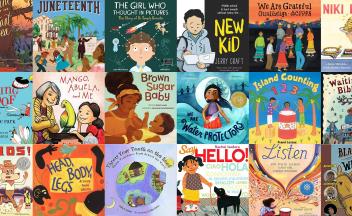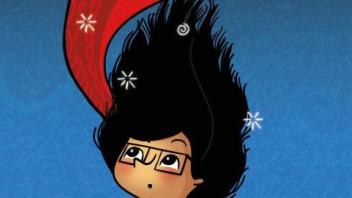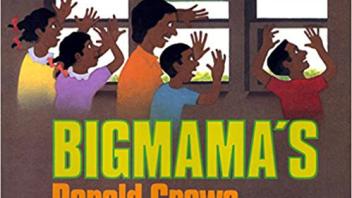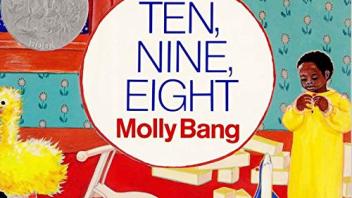Introduction
Books that reflect different cultures and family experiences give all kids a window into the diverse world we live in. Exposure to a wide range of books helps build both empathy and background knowledge.
In this section you’ll get guidance on finding high-quality fiction and nonfiction books. And you’ll hear from children’s authors about their own experiences growing up and the books they write for young readers.
You’ll also find guidance on assessing and diversifying your classroom library and how to use diverse books in the classroom — throughout the school year.
I think the thing I try to do as a writer is to bring worlds to the page. What happens with readers is they step inside those worlds, and they experience them in a way that they might not in their real life, and it gives them a chance to think about a bigger society and the greater good.”
Jacqueline Woodson, author, MacArthur Foundation Fellow (2020), National Ambassador for Young People’s Literature (2018)
The importance of diverse books
In the clip below, education professor and author Dr. Rudine Sims Bishop talks about how diverse books allow children to see themselves in stories, as well as provide a window into the lives of people who may seem different from us.
- Mirrors, Windows, and Sliding Glass Doors (Rudine Sims Bishop)
- Why Diverse Books Matter: Mirrors and Windows (Colorín Colorado)
- Why We Need Diverse Books (National Education Association)
- Where Are the People of Color in Children’s Books? (Walter Dean Myers, New York Times op-ed)
- More Nonwhite Characters Are Needed (Sharon Flake, New York Times op-ed)
- Tell Me Another Story documentary featuring Andrea Davis Pinkney, Meg Medina, Grace Lin, and Christopher Myers (Ezra Jack Keats Foundation)
Find more books!
2023–2024 School Year Calendar: Celebrating Diversity and Inclusion in STEM
Celebrating the scientists and inventors whose contributions have changed our world for the better. Theme months, religious observances, and dates with cultural or historical significance are also included. (From the First Book Accelerator project.) Celebrating Diversity and Inclusion in STEM calendar
I think that the more we read and the more widely we read, the more diverse authors we read, the more we understand the world. And to me that’s a really powerful aspect of literature — that it can create empathy in us in a way that’s really safe where we’re not always able to go out in the world and meet people who are having wildly different experiences than we are …”
Kekla Magoon, author




